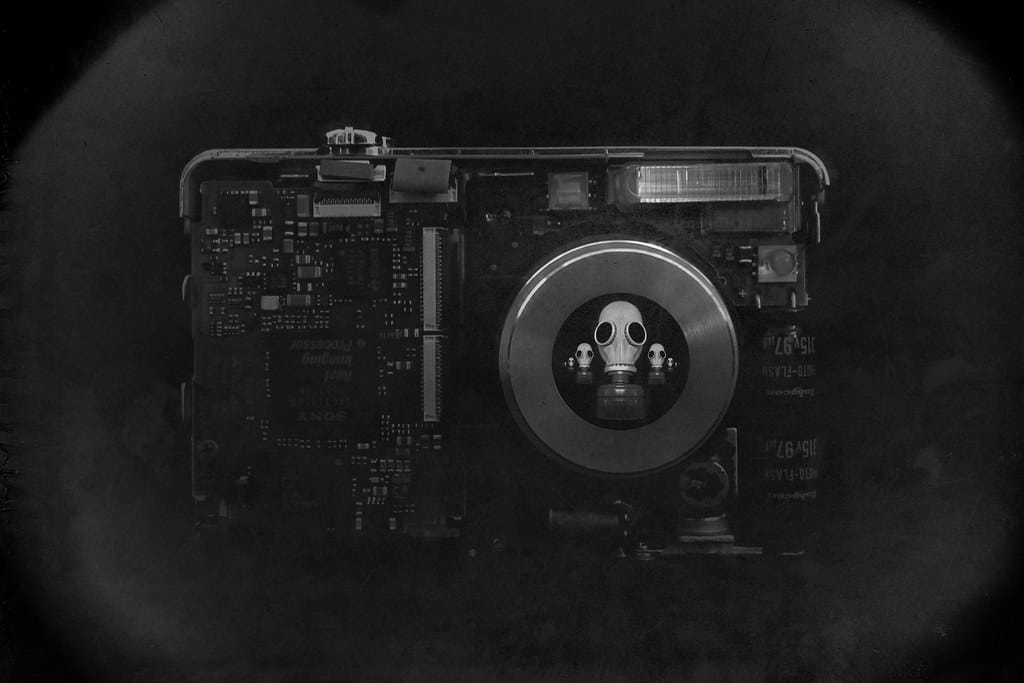Scientists Are Now Renting Out Lab-Grown "Flesh Computers" That Think Like Human Brains
A British biotech company has achieved what sounds like science fiction: creating rentable biological computers made from human brain tissue that can process information faster than traditional silicon chips.
In a breakthrough that blurs the line between biology and technology, researchers have successfully developed what they're calling "flesh computers" – sophisticated bioprocessors grown from human brain cells that can be rented out for computational tasks. This revolutionary development promises to transform everything from drug discovery to artificial intelligence research.
The Dawn of Biological Computing
The concept might sound like something from a dystopian novel, but these biological computers represent a genuine scientific achievement. Created using human neural stem cells, these "organoids" – essentially lab-grown brain tissue – can perform complex calculations by mimicking the way our brains process information.
Unlike traditional computers that process data in binary code, these biological systems use the same electrochemical signals that power human thought. The result? Processing capabilities that can outperform conventional computers in specific tasks, particularly those involving pattern recognition and adaptive learning.
How Flesh Computers Actually Work
These biological processors are cultivated in specialized laboratory conditions, where human brain cells are encouraged to grow and form networks similar to those found in living brains. The process takes several weeks, during which the cells develop into three-dimensional structures capable of electrical communication.
Once mature, these organoids can interface with computer systems through arrays of electrodes that detect and stimulate electrical activity. Researchers can essentially "train" these biological computers by exposing them to specific stimuli and recording their responses, similar to how machine learning algorithms are trained.
The computational power is remarkable: while a traditional computer might take hours to solve certain pattern recognition problems, these biological systems can provide solutions in minutes, thanks to their ability to process information in parallel – just like human brains.
Real-World Applications Already Emerging
Several industries are already exploring practical applications for this technology. Pharmaceutical companies are using these biological computers to model drug interactions more accurately than ever before, potentially accelerating the development of new medications while reducing testing costs.
In the field of artificial intelligence, researchers are leveraging these systems to create more sophisticated neural networks. The biological computers can help train AI systems to recognize patterns in ways that more closely mimic human cognitive processes.
Environmental monitoring is another promising application. These biological processors excel at detecting subtle changes in complex data sets, making them ideal for identifying pollution patterns or climate change indicators that might be missed by traditional analysis methods.
The Rental Revolution
What makes this development particularly accessible is the rental model. Rather than requiring massive capital investment in biological computing infrastructure, research institutions and companies can now rent processing time on these systems for specific projects.
The rental fees vary depending on the complexity and duration of the computational tasks, but early adopters report that the cost is often justified by the dramatically reduced processing times and enhanced accuracy of results. Some tasks that would typically require weeks of traditional computing can be completed in days using these biological systems.
Addressing the Ethical Considerations
The development of flesh computers inevitably raises important ethical questions. While these organoids don't possess consciousness or the ability to feel pain, their human origin has prompted discussions about the moral implications of using human-derived biological material for commercial purposes.
Regulatory bodies are working to establish guidelines for this emerging technology, focusing on ensuring that the source material is obtained ethically and that the applications serve beneficial purposes. The scientific community has been generally supportive, viewing this as a natural evolution of existing biotechnology practices.
The Future of Biological Computing
As this technology matures, we can expect to see even more sophisticated applications emerge. Researchers are already working on creating specialized biological computers optimized for specific tasks, from medical diagnosis to financial modeling.
The success of these early rental programs suggests that biological computing could become a mainstream technology within the next decade. As costs decrease and capabilities expand, we may witness a fundamental shift in how we approach complex computational problems.
This remarkable fusion of biology and technology represents more than just a scientific curiosity – it's a glimpse into a future where the boundaries between living systems and artificial intelligence continue to blur, opening up possibilities we're only beginning to imagine.
